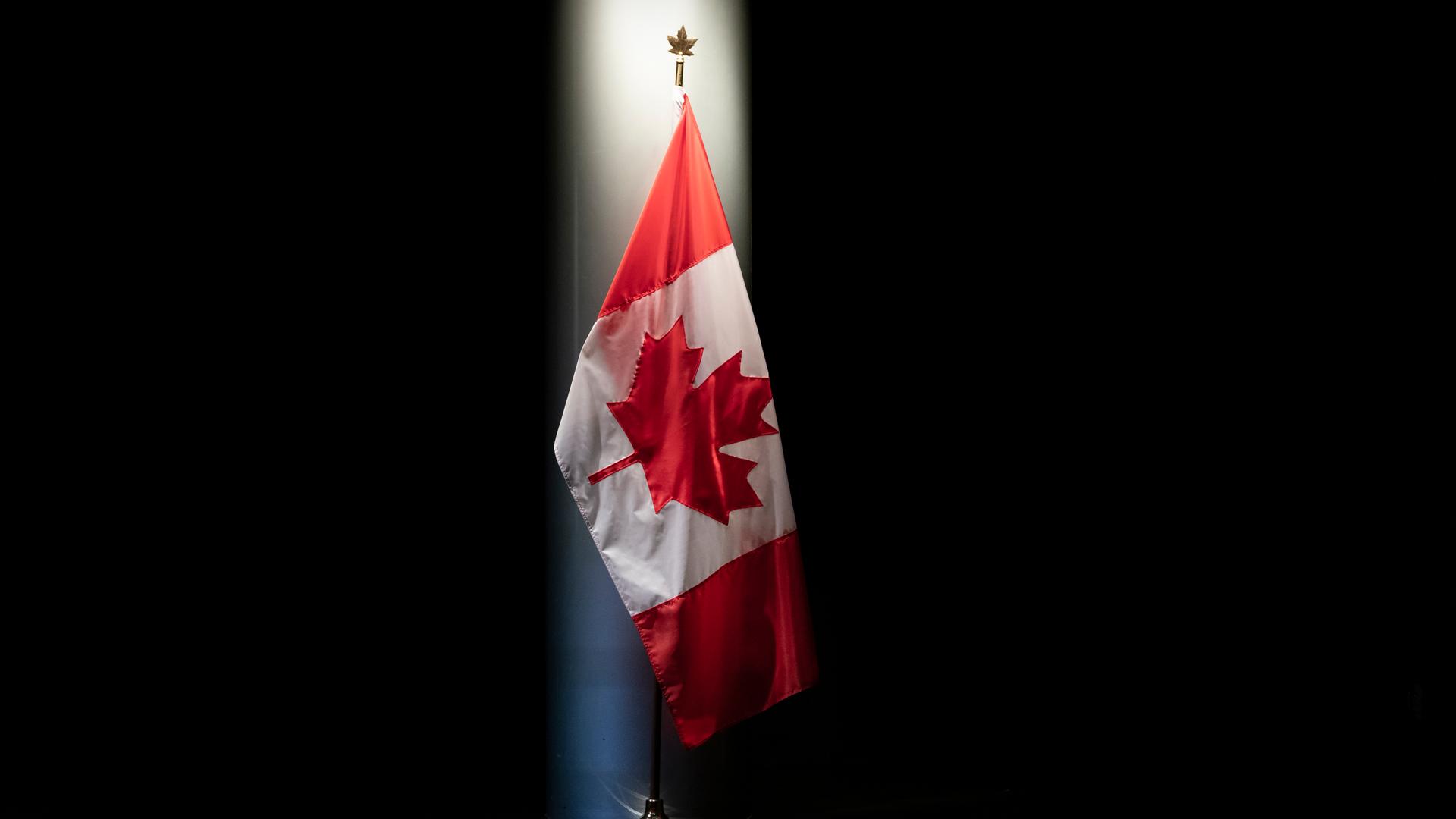‘Canada Day is a reckoning’: Many cancel celebrations as nation mourns Indigenous unmarked graves
People in the small town of Quispamsis, New Brunswick, on Canada’s east coast, have always loved Canada Day celebrations. It marks the day on July 1, 1867, when three former colonies united to form Canada under the British Empire.
Mayor Libby O’Hara said their celebrations are a major summer highlight: Cupcakes. Parade. Fire trucks. Games for kids.
But everything was canceled last week after the second discovery within a month of unmarked mass graves at a former residential school for Indigenous children.
Related: First Nation in Canada finds hundreds of unmarked graves
“As a parent and a former educator, I couldn’t imagine children being torn out of the arms of their parents never to return. … And that hit a chord with me. It broke my heart.”
“As a parent and a former educator, I couldn’t imagine children being torn out of the arms of their parents never to return,” O’Hara said. “And that hit a chord with me. It broke my heart.”
Dozens of communities across Canada have made similar decisions after two First Nations recently announced the discovery of hundreds of unmarked graves near former residential schools.
Related: Indigenous leaders in Canada call for search for mass graves
On May 28, the chief of the Tk’emlups te Secwépemc people announced that a team using ground-penetrating radar had found 215 unmarked graves containing the remains of 215 Indigenous children in the interior of southern British Columbia.
And last week, leaders of the Cowessess First Nation said they had found 750 unmarked graves for children and adults.
The town council in Melville, Saskatchewan, also voted to postpone its Canada Day parade and fireworks. The largest burial site, at the Cowessess First Nation, is just a short drive away.
Melville Mayor Walter Streelasky said there was no way to celebrate while people in the community were mourning.
“This is our neighbor. And, you know, we take the attitude that the neighbors are of great value to us. … They hurt. We were hurting, too.”
“This is our neighbor. And, you know, we take the attitude that the neighbors are of great value to us,” he said. “They hurt. We were hurting, too.”
There have been calls to cancel Canada Day before — critics say it celebrates the formation of a country built by taking land from Indigenous people. But this is the first year those calls have been explicitly tied to the legacy of residential schools for Indigenous children.
Nakuset, executive director of the Native Women’s Shelter in Montreal, Quebec, said this year, “Canada Day is a reckoning.”
“I think this Canada Day, you need to understand that you sit … on the backs of Indigenous people and broken treaties and, you know, a lot of trauma and oppression.”
“I think this Canada Day, you need to understand that you sit … on the backs of Indigenous people and broken treaties and, you know, a lot of trauma and oppression,” said Nakuset, who goes by just one name.
She plans to lead a march through Montreal on July 1 to honor Indigenous children.
She said that instead of going to a barbecue or to see fireworks, Canadians should stay home on Canada Day and read the report from Canada’s Truth and Reconciliation Commission published six years ago. Only a handful of the Commission’s 94 recommendations have been implemented.
“You have to do some work and you have to make some kind of change to acknowledge that we have so many obstacles,” she said.
Related: ‘Spirit Run’: A new memoir about reconnecting with Indigenous heritage
The national Canada Day celebration and many local celebrations are going ahead, however.
Ellis Ross, a former chief council of the Haisla Nation and a member of the legislative assembly in British Columbia, argues that canceling Canada Day is a missed opportunity.
“Canada is just really starting to wake up to its dark history. But, you know what, every country has a dark history, every single country.”
“Canada is just really starting to wake up to its dark history. But, you know what, every country has a dark history, every single country,” he said.
Ross said his parents were both sent to residential schools. He said they would want all Canadians to know about the hardships at the schools, but also what they learned there and how they succeeded afterward.
He said that instead of canceling Canada Day celebrations, organizers should adapt them to include stories like those.
“For the first time in my lifetime, non-Aboriginals want to be with Aboriginals and mourn with them and be with them and they want to learn more. And what better way to symbolize this than in a nationwide gathering?” he said.
In places like Melville and Quispamsis, non-Indigenous community leaders are just beginning to grapple with how to reconcile Canada’s colonial legacy with their own experience of the country.
Melville’s Streelasky says he’ll take Canada Day to reflect.
“I’m a Canadian, I love my country,” he said. “We have a lot of freedoms. There were mistakes made, but we have great and wonderful things in this country. And that’s how I’m going to celebrate my Canada Day.”
Melville’s town council has asked residents to honor their Indigenous neighbors on June 30 by lighting candles and displaying the color orange — a symbol of residential school survivors.
Streelasky said the parade and fireworks may be held later in the summer to mark another community event, such as the opening of a new swimming pool.
